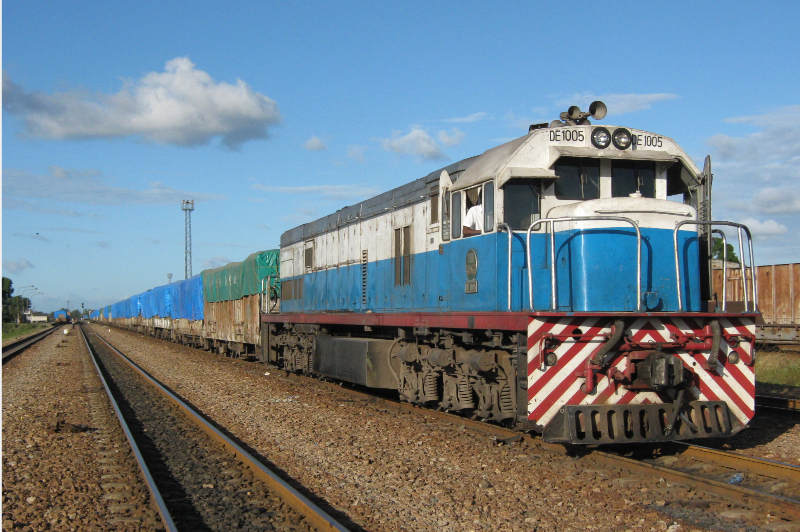On Wednesday, Chinese President Xi Jinping, Tanzanian President Samia Suluhu Hassan and Zambian President Hakainde Hichilema jointly witnessed the signing of a memorandum of understanding (MoU) on the revitalization project of the Tanzania-Zambia Railway Authority (TAZARA) railway during the 2024 Summit of the Forum on China-Africa Cooperation.
The Tanzania-Zambia Railway, better known by its acronym the TAZARA, is an iconic symbol of enduring China-Africa friendship and win-win cooperation. Spanning 1,860 kilometers and connecting landlocked Zambia to the port of Dar es Salaam in Tanzania, this rail line was conceived during a period of significant political change in Africa. The primary issue for Zambia was finding a viable route to export its vast copper resources without relying on colonial territories.
Economically, the TAZARA has been instrumental in the development of Southern Africa. By providing a direct link to the sea, it facilitated trade and accelerated economic growth for both Tanzania and Zambia. The railway enabled Zambia to export its copper more efficiently, contributing significantly to its economy. Moreover, it fostered regional integration and opened up new markets, promoting economic diversification.
The TAZARA’s inception was not just about logistics but also a bold statement against colonialism and a testament to the spirit of African self-determination.
Today, the revitalization of the TAZARA is crucial for several reasons. With Africa’s growing economies and increasing trade activities, there is a heightened need for efficient transportation networks. Revamping the TAZARA can enhance the movement of goods and services, making trade between African countries and with the rest of the world more seamless. This would not only benefit Tanzania and Zambia but also other landlocked nations in the region that could utilize this vital corridor.
Revitalizing the TAZARA reaffirms China’s commitment to its long-standing partnership with Africa. It showcases China’s willingness to invest in projects that have historical and strategic importance. This act of solidarity strengthens diplomatic ties and fosters a sense of mutual trust and cooperation.
Modernizing the railway can also be aligned with sustainable development goals. Upgrading the infrastructure to meet contemporary standards can improve efficiency, reduce environmental impact and promote sustainable economic growth. Such initiatives can create jobs, build local capacities and stimulate technological transfer, all of which contribute to long-term development.
The TAZARA is more than just a transport link. It is also a symbol of resilience, cooperation and shared aspirations between China and Africa. Its revitalization holds promise for renewed economic vitality, strengthened diplomatic relations and sustainable development. As we look to the future, investing in such landmark projects and the corridor can pave the way for deeper cooperation and mutual prosperity between China and Africa.
Shen Shiwei, CGTN reporter, non-resident of the Institute of African Studies at Zhejiang Normal University





